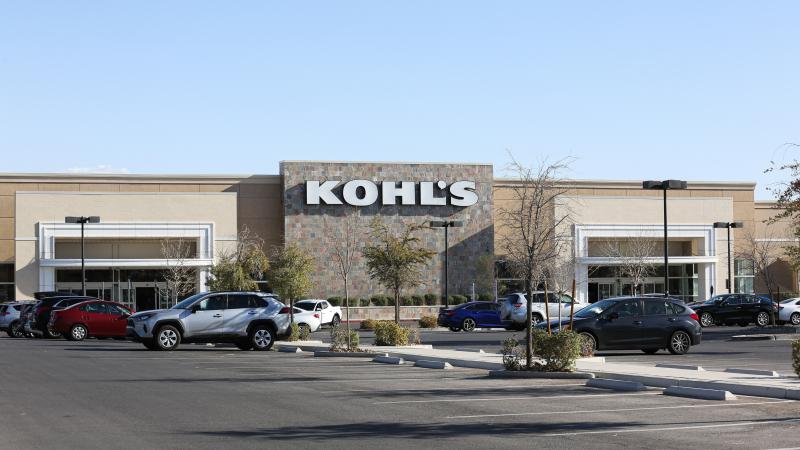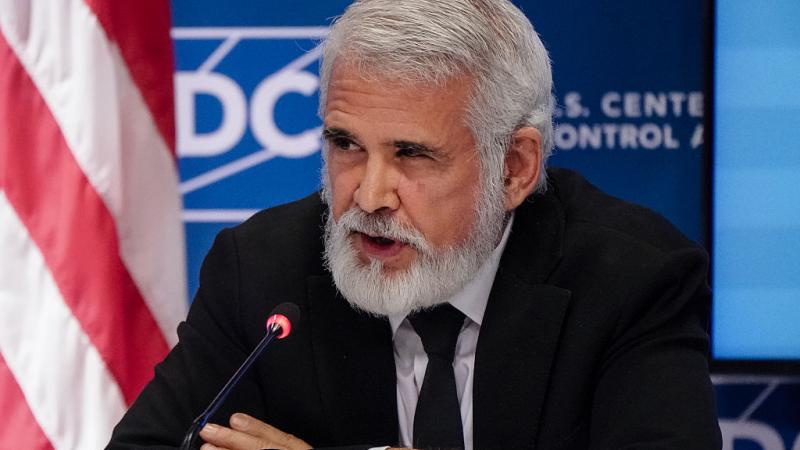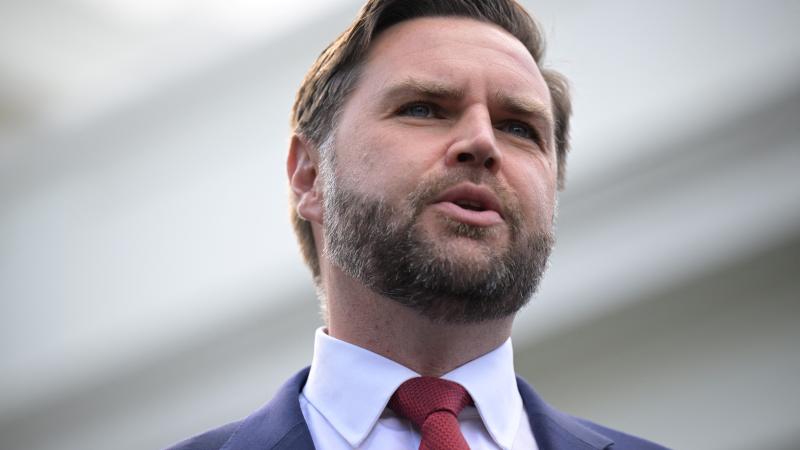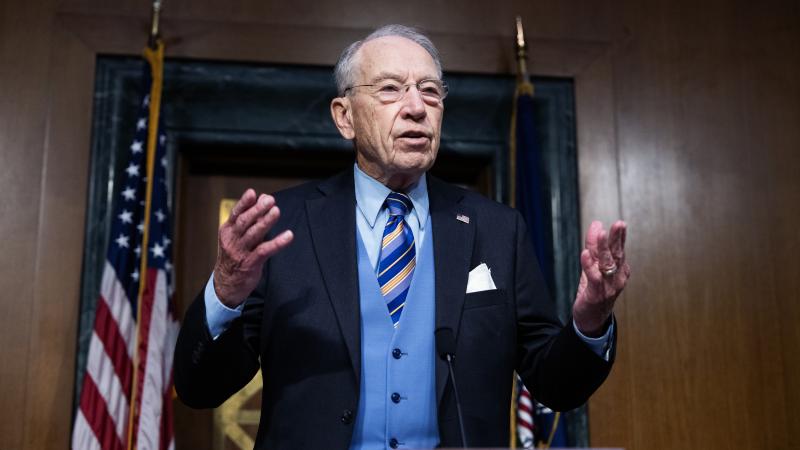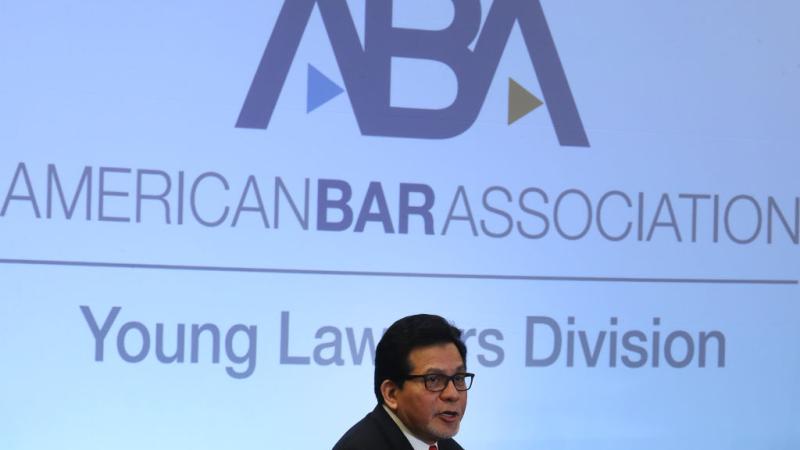Lawsuit claims hedge fund shorted private investigators while pursuing short-sell scheme
"Imprudent investment decision" reportedly led to major losses, breach of contract, suit argues.
A pair of private investigators are arguing in a lawsuit that a major U.S. hedge fund is stiffing them out of over $3 million in fees following a major hit the fund took while pursuing a short-sell scheme against a natural supplement company.
The concept of the "short sell" has received major media attention over the past several weeks due to the controversy involving the major fluctuations in the price of GameStop's stocks.
Business Exposure Reduction Group, a Florida-based investigative firm, argues in the U.S District Court suit that Pershing Square Capital Management is failing to pay millions of dollars in hourly fees owed to the investigation company for work investigating dietary supplement corporation Herbalife.
Pershing hired BERG "to investigate the conduct and business activities of Herbalife, Ltd ... and its distribution network for Pershing's use in managing its investment funds and in evaluating and making investment decisions in Herbalife," the suit asserts.
The information obtained by BERG would be used "to influence the investment strategy and positions held or taken by Pershing or its managed funds," the plaintiffs assert. The investigators stood to profit from a significant hourly rate bonus if their work was beneficial to the company, the suit alleges.
Specifically, the suit claims that BERG's services would include "developing an investigative case against Herbalife and presenting that case to Pershing ... to potentially be used by Pershing in connection with its investment strategy and positions on Herbalife stock, including, upon information and belief, a short position taken in May 2012."
Pershing's case against Herbalife is well-documented. The fund's manager, Bill Ackman, in December of 2012 announced a short bet against the company to the tune of $1 billion. Ackman adopted an aggressive public campaign against Herbalife, at one time accusing it of "operating illegally" in China.
The suit claims that Ackman used BERG's investigation findings to make his case against Herbalife. Following the negative press attention, it claims, Herbalife stock plummeted, putting Pershing in an advantageous position regarding its short sell plans.
Yet Pershing "made an imprudent investment decision," the suit claims, "and chose not to close its stock position at a time when doing so would have been most financially beneficial to it," instead telling the investigators to cease working on the case. Following the cessation of that work, it says, Herbalife's stock began to go up again, resulting in "significant losses" for Pershing.
The plaintiffs argue that, Pershing's losses notwithstanding, BERG is owed nearly $3,100,0000 in hourly fee increases.
Pershing declined to comment, pointing instead to its motion to dismiss the lawsuit. In that motion, Pershing argues that, due to the company's having "lost an immense amount of money on its short position," the fund did not actually realize a financial benefit from the Herbalife controversy and thus BERG's hourly rate bonus provision was immaterial.
"BERG tries to skirt this fatal flaw by pointing instead to unrealized gains that PSCM supposedly 'would have' obtained had it liquidated its Herbalife position at a time that BERG says it preferred," the company says. "But nothing in the Agreement asked for BERG's investment advice, a field in which it claims no qualifications."
The contract, Pershing argues, afforded the hedge fund "sole discretion to determine whether BERG's work had been beneficial to PSCM's financial standing."
In a response to that motion, the plaintiffs argue that "objective facts ... show that PSCM was placed in a substantially better financial position as a direct result of BERG's work, showing an unrealized improvement of $107,010,000" from the time the investigators began to the date that Pershing ordered them to stop.
"It is certainly arbitrary and unreasonable to argue that PSCM had not benefitted from BERG's work at that time," the response argues.
Short selling occurs when a buyer borrows stock shares from a broker and sells them on the market under the assumption that the price of the stocks will fall. When that happens, the buyer purchases the shares back from the market at a price below that at which he sold them, after which he returns the borrowed shares to the broker and pockets the profit.
Short sellers, however, can end up financially squeezed if the price of the stock goes up instead of down, leaving them liable for the increased share price when returning the shares to the broker.
In the case of the recent GameStop controversy, amateur (or "retail") investors attempted a "short squeeze" of professional brokers who had attempted to short GameStop's stock. The retail investors bought up huge amounts of GameStop stock, putting major financial pressure on the short brokers and igniting a public debate on whether or not such practices should be outlawed by financial gatekeepers.

